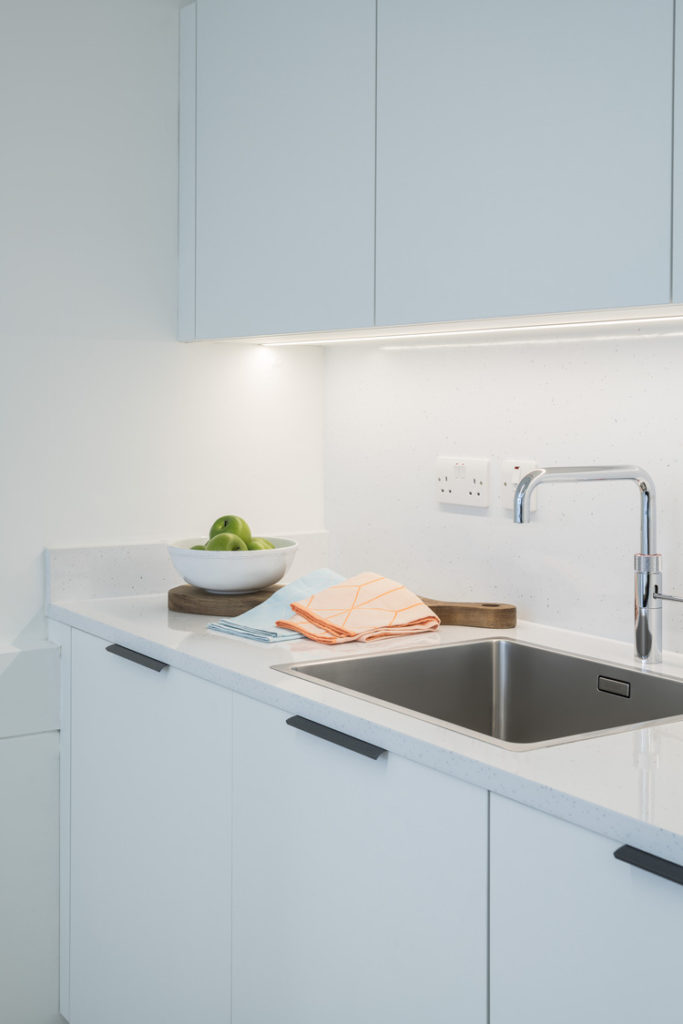Rent suspensions and rent write offs are negotiations between tenants and landlords by which rent is reduced or postponed due to extenuating circumstances. Due to the many pay cuts and redundancies caused by Covid-19, many tenants are struggling to pay rent. This includes commercial tenants needing to pay office overheads.
Coronavirus Pandemic
The events of the last year have left many in a less-than-optimum financial situation. With many workers placed on furlough support and many losing their jobs entirely, there is a huge financial strain across the nation. There are more people than ever claiming Universal Credit, which works out as far less than their former earnings. In fact, this represents an income cut of nearly 50%. Consequently, a huge volume of the country is struggling to meet their regular payments. With an entirely remote workforce, commercial premises are sitting unoccupied whilst their tenants are still needing to pay rent.
Protection for Tenants
UK commercial and residential tenants unable to make rent payments due to the coronavirus pandemic are protected, up to a point. The government implemented a suspension of ongoing housing position. However, they were originally entitled to receive 6 months’ notice from landlords; a timeframe which has been reduced to 3 months. When the longer notice period ends (March 2021), there is expected to be a surge in evictions and the homelessness crisis.
Unable to Pay
The UK government announced that commercial landlords cannot end a lease or evict the tenant in the case of non-payment of rent, a measure which is currently in place until the end of March 2021. If business owners are unable to pay office overheads, they are encouraged first to speak with their landlords to see if there is any flexibility for payment given the circumstances.
Other solutions may include ceasing to have an office as the main hub for the company or to explore flexible office solutions and more cost-effective renting once we return to the office. The government has also encouraged landlords to adopt kindness and “promote good practice amongst landlord and tenant relationships.”
How Much Is This Costing Tenants?
For an average renter, it is estimated that around a third of their income is spent on rent. At the start of the coronavirus outbreak, the government called for rent to be suspended for those who were adversely impacted by the pandemic. Yet, this rule was later amended. From May 2020, the Labour policy calls for tenants to receive a two-year grace period in which they can pay any debts accrued throughout the Covid-19 pandemic.
Long Term Problems
The new policy has been accused of not protecting struggling commercial and residential renters with a mountain of accrued debt for tenants to pay the moment the suspension is lifted. If not paid, tenants are at risk of repossession from landlords with many at risk of losing their properties.
Without any official government action, movements such as the London Renters Union are encouraging tenants to take action to protect themselves. They are pushing for wide-scale rent cancellation to reduce the likelihood of eviction and mountain debt. The Resolution Foundation estimates 750,000 families behind in their housing payments (as of January 2021), 300,000 of which are home to dependent children.
Homeowners
Homeowners are in a fortunate position as they do not have to adhere to monthly rent payments and risk eviction. That said, many do have to make regular mortgage payments. Around 17% of income goes towards mortgage payments for the average homeowner. To accommodate the unforeseen financial issues of the coronavirus pandemic, many banks are offering a mortgage holiday to relieve the pressure. Yet, this same suspension of payment is not available for tenants.
